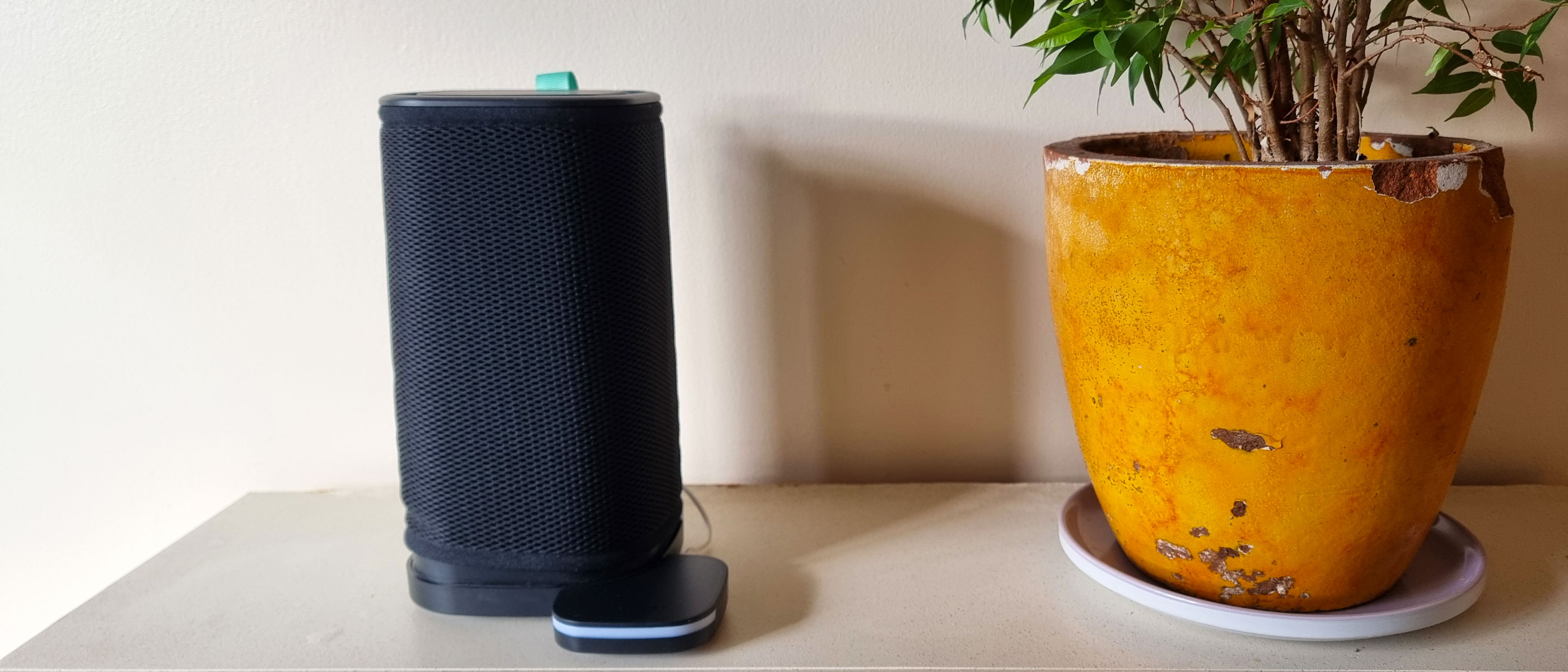Facebook Users Aren't Bragging — Really!

Everyone knows that Facebook is just a place for people to brag about their perfect lives: engagements, job promotions, weddings. Right?
Wrong.
New research finds that although positive news is more likely to be shared on the social media site than negative news, people do attempt to be modest. Positive news is more likely to be shared indirectly — with a subtle status change, for example — compared to a more direct approach, such as with a boastful wall post. [The Top 10 Golden Rules of Facebook]
"We suspect that there are 'face' considerations related to this finding," study leader Jennifer Bevan, a professor of communication studies at Chapman University in California, wrote in an email to Live Science. "Meaning that users may be trying to actually not brag and instead be simply trying to inform their friends the best way they can think of so as to not look too proud of themselves."
Spreading the news
Facebook is now such a ubiquitous way to share important life events that it's important to understand how and why people chose to make big disclosures, Bevan said. She and her co-authors (all Chapman University undergraduates completing a thesis project) wanted to understand not why people share certain pieces of information, but how they share that information once the decision is made to share. The researchers surveyed 599 Facebook users online, including 332 college students.
Each participant saw examples of important life events that might be shared on Facebook. These events fell into the following categories: romance (an engagement or a breakup, for example); health (a medical diagnosis); and work or school (for example, a promotion or job loss). The study participants were asked if they had ever shared such news on Facebook, and if so, how. They were also asked how likely they were to share good and bad news on Facebook, in general, and answered questions about how important privacy was to them.
Sign up for the Live Science daily newsletter now
Get the world’s most fascinating discoveries delivered straight to your inbox.
The findings, Bevan said, fit into a social media-appropriate tweet: "Facebook users share good news indirectly and bad news directly; privacy has little impact."
Sly sharing
In other words, though people said they shared more good news than bad news overall, they shared those types of news in different ways. Happy news was more often presented obliquely. Changing one's last name, for example, could indicate a desire to protect one's privacy — or, it could be the sign of good news, such as a new marriage. In these indirect cases, some interpretation is necessary.
"Beyoncé's recent Instagram picture of her under a mound of sand that made it appear as if she may be pregnant (with no caption) is a perfect example of indirect sharing," said Bevan, referring to the pop star's Jan. 11 social media update that sparked tabloid rumors.
Meanwhile, when bad news was shared, people were more likely to do so directly, the researchers found.
"Users probably just wanted to 'get it over with' and be as clear and direct as possible," Bevan said. A clear announcement probably means fewer questions to field and thus less dwelling on bad news.
But the study had limitations, not least of which was its focus on mostly college-age Facebook users. Older users may be more influenced by privacy concerns, Bevan said, but it's not clear whether they would be more or less open to sharing the good and the bad of life on Facebook.
Bevan and her team have also used the sharing survey data to study stress and quality of life, and she would like to join the two lines of research.
"Is sharing good news in a particular way more or less stressful, for example?" she said.
The researchers published their findings Jan. 13 in the journal Cyberpsychology, Behavior and Social Networking, which has made the full paper available to the public until Feb. 20, 2015.
Follow Stephanie Pappas on Twitter and Google+. Follow us @livescience, Facebook & Google+. Original article on Live Science.

Stephanie Pappas is a contributing writer for Live Science, covering topics ranging from geoscience to archaeology to the human brain and behavior. She was previously a senior writer for Live Science but is now a freelancer based in Denver, Colorado, and regularly contributes to Scientific American and The Monitor, the monthly magazine of the American Psychological Association. Stephanie received a bachelor's degree in psychology from the University of South Carolina and a graduate certificate in science communication from the University of California, Santa Cruz.










